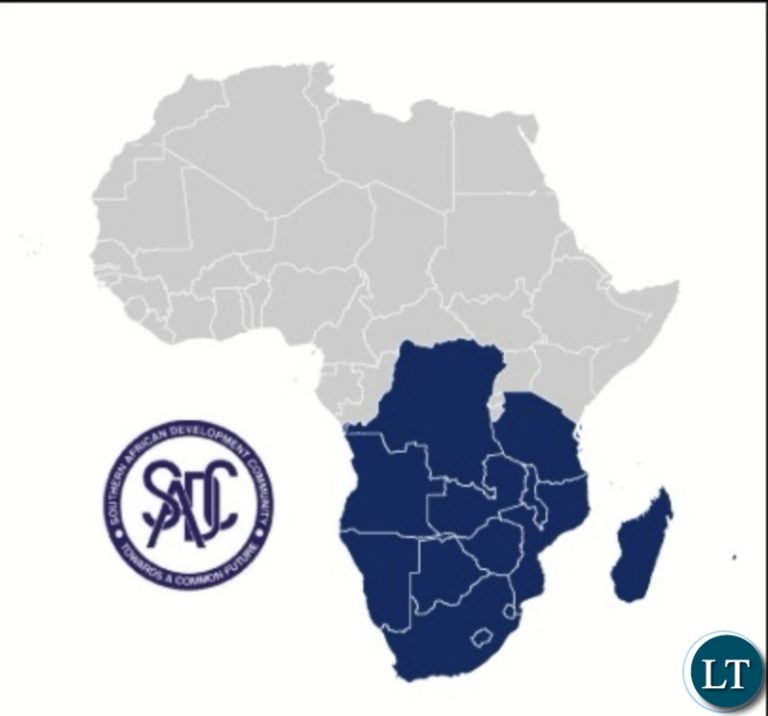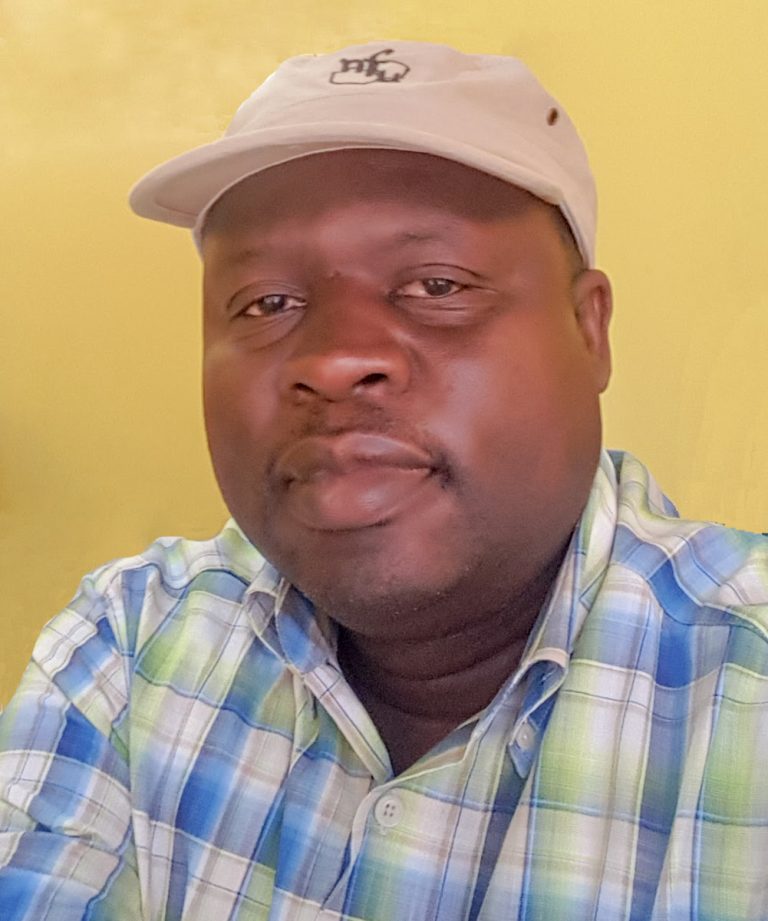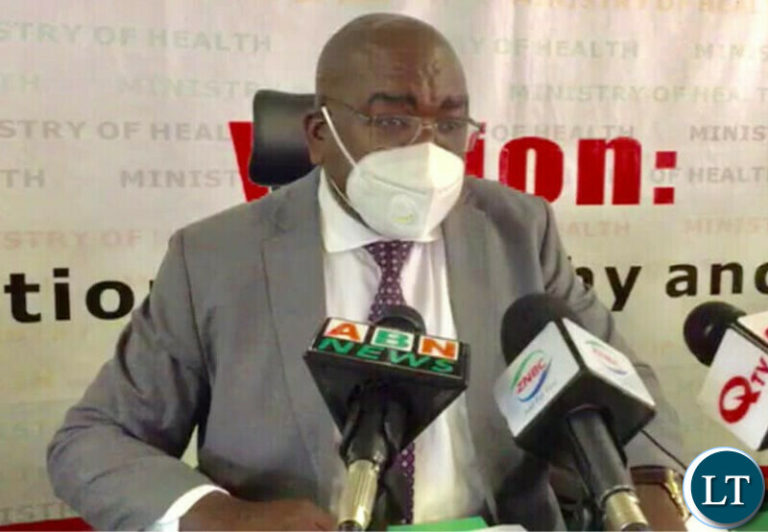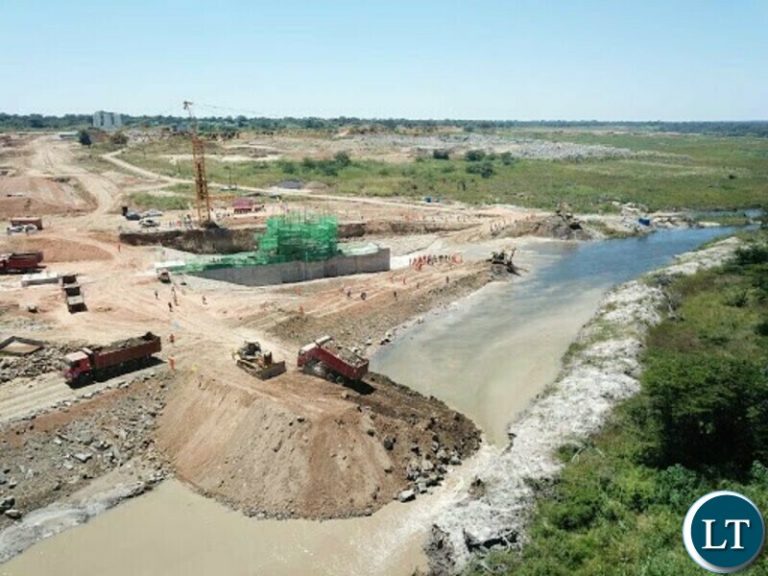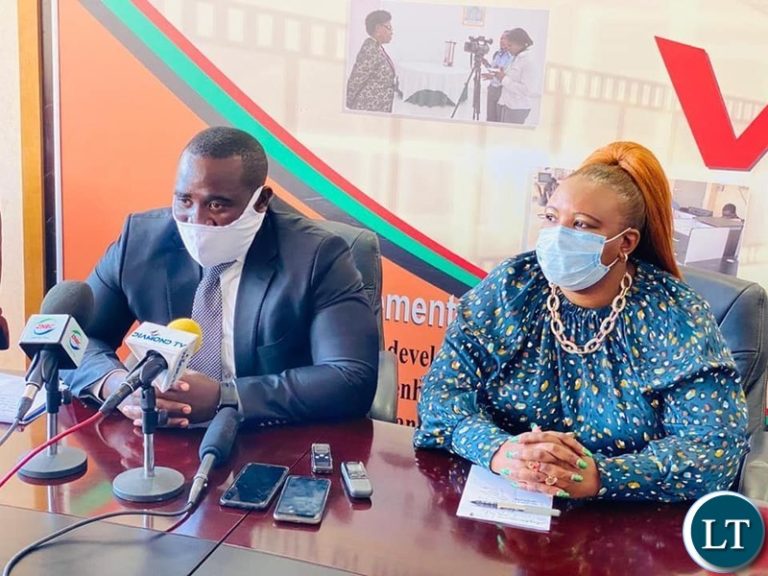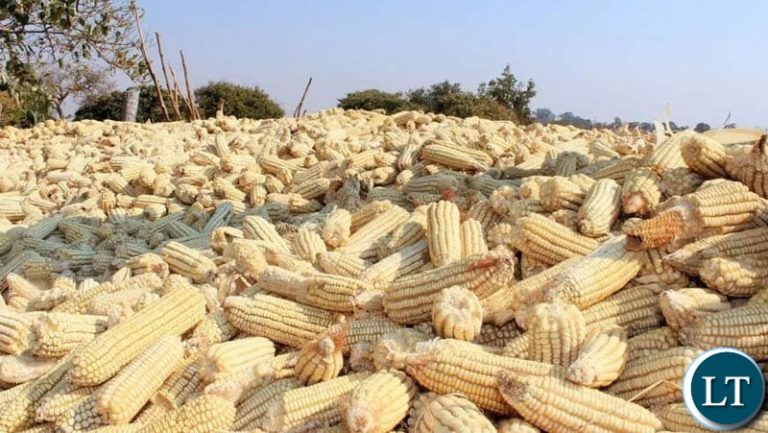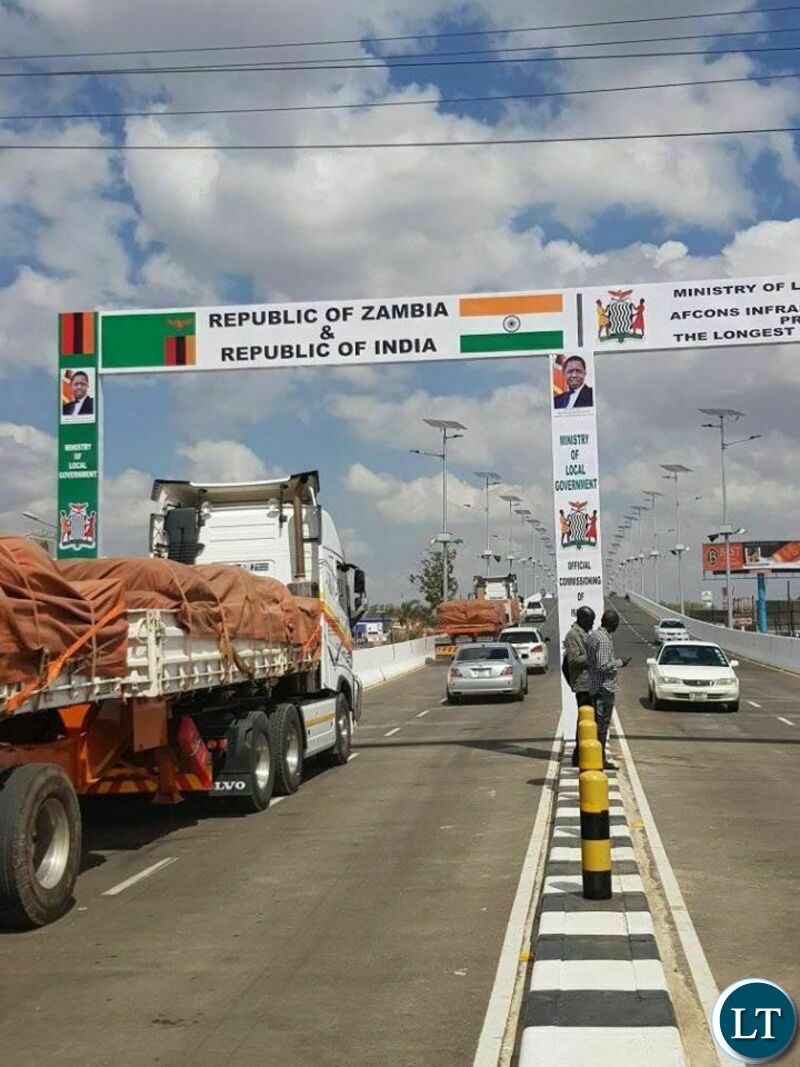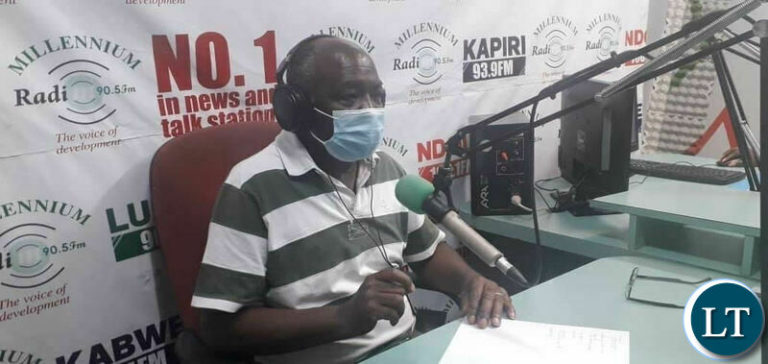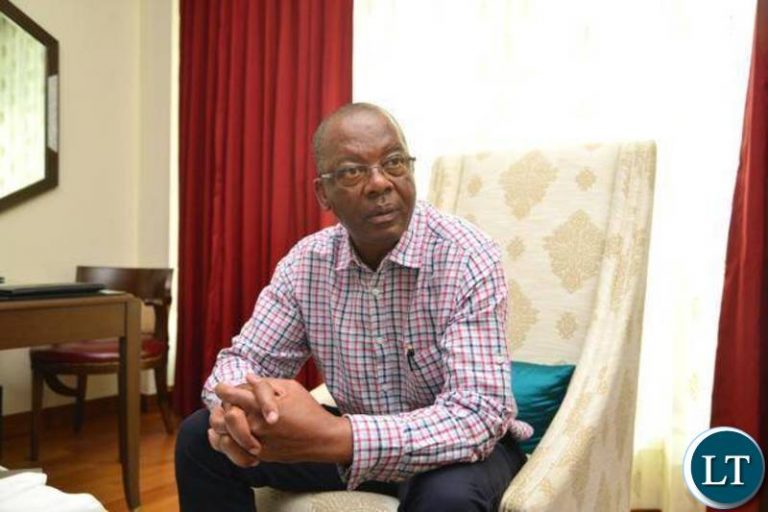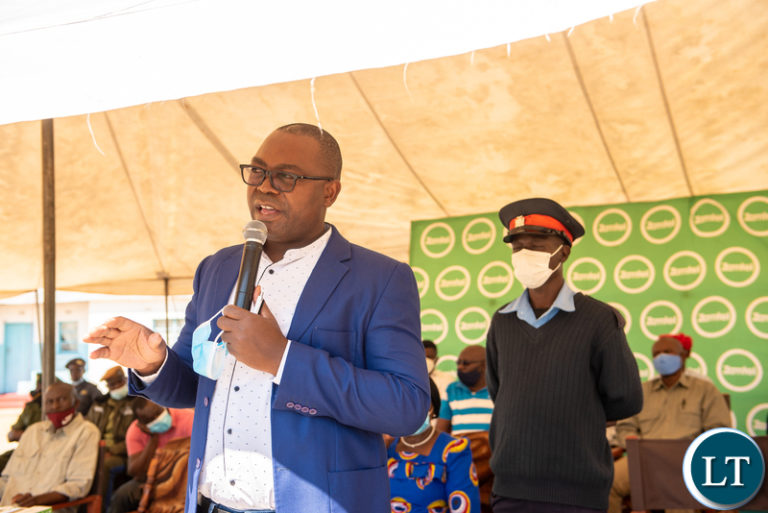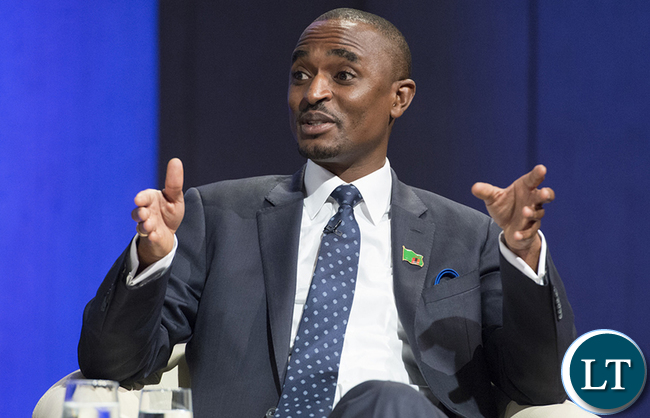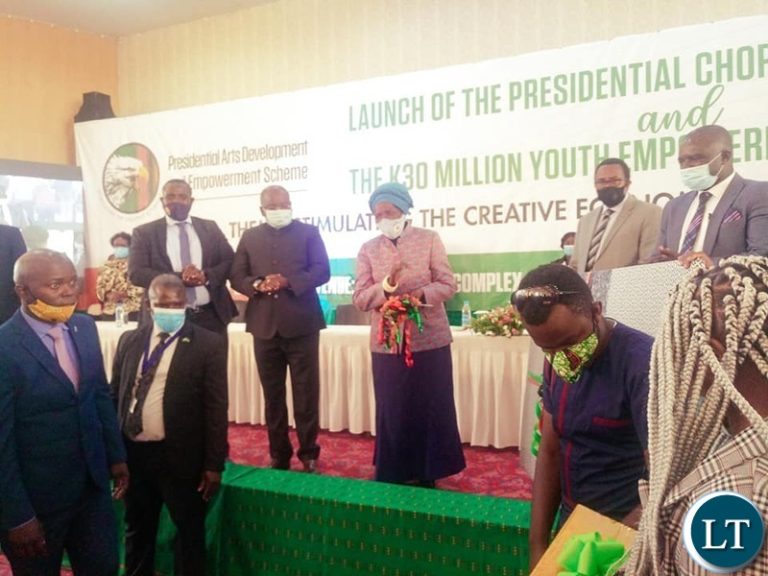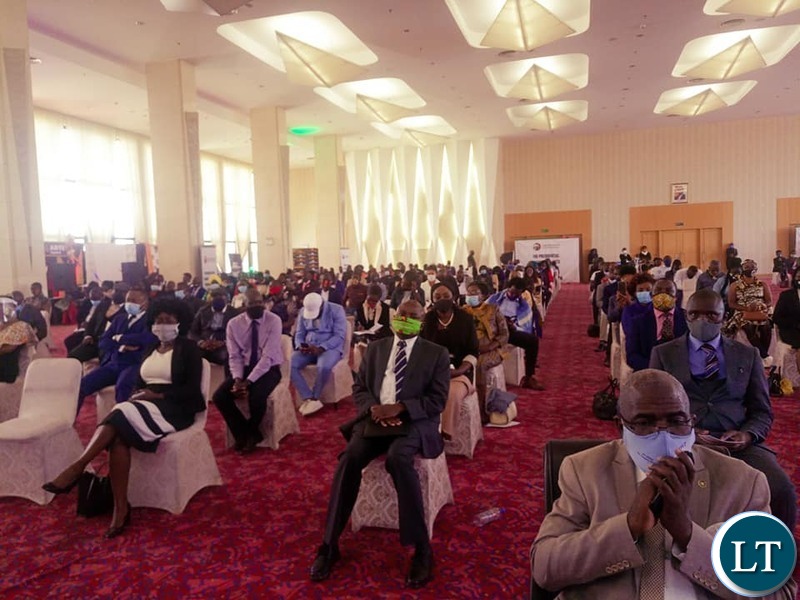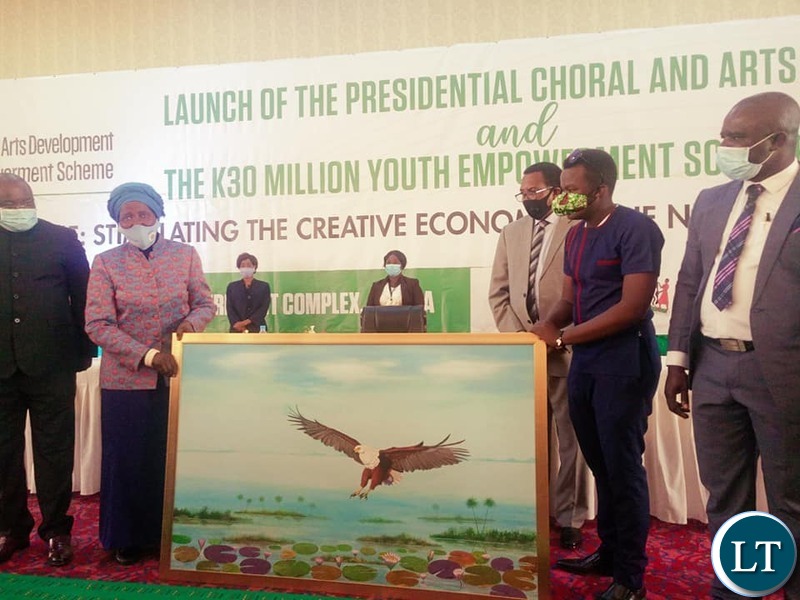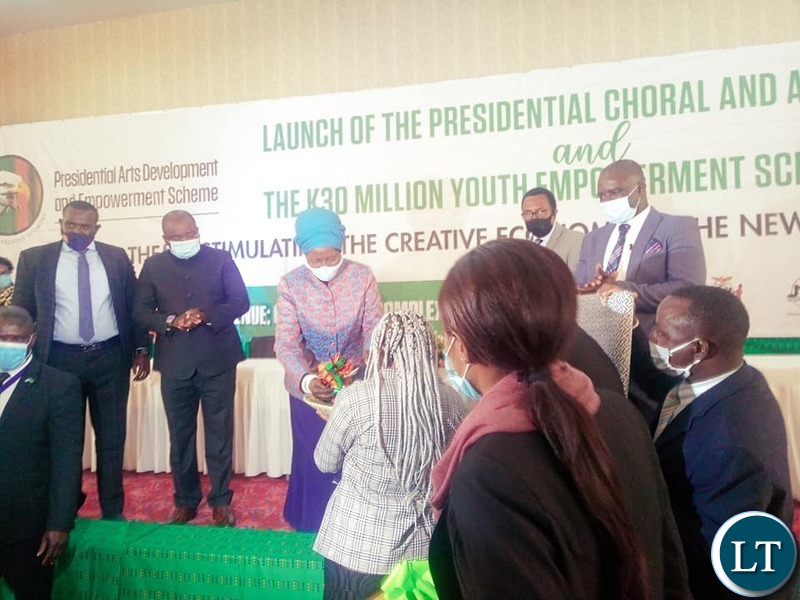By Stephen Nyoni
The concept and definition of youth in SADC has evolved over the past 40 years. From it being the representation of vibrant military men who were willing to lay their lives for the achievement of liberation, to a period in the mid-90s when youth became synonymous with political cadres chanting names of the leadership as the new democratic dispensation came ashore. Eventually, the youth came to be known for their careless assumption of entrepreneurial ideas in the earliest days of the 21st Century. But what does it mean today?
As the days go by, it gets even much harder to come up with a solid definition of today’s SADC youth especially because of the variety of composition of characters and strengths and especially the absence of a single voice of reason. The youth today have been confronted with the complexity of whether to exercise vibrancy as a response to unmet commitments or restraint in the name of future prospects.
We have seen in the most recent times how young people took to the streets in South Africa to demand that their access to education be made affordable through the #FeesMustFall movement. Many young people called on their governments to take action against institutions and demanded the revision of tuition fees. With time, these calls were met with a positive response being the reduction of fees and suspension of any upward adjustment plans. But this came at a cost for a great number of young people who found themselves at the forefront of these protests. Many, such as Kanya Cekeshe (sentenced to five years in prison for public violence and malicious damage to property) or Mcebo Dlamini who received a Seven year suspended sentence but lost the ability to ever practice Law, a program he was studying; have had to bear the brunt of leading the demands of young people in SADC.
Other examples can be found in Namibia through the Affirmative Repositioning (AR) Movement which was essentially an offshoot of the ruling South West Africa People’s Organisation (SWAPO); the leaders of the AR were all former members and even executives of the Youth League of SWAPO. They came out to demand for equal access to and allocation of land to young Namibians who often found themselves at the bottom of the receiving table after old folks and senior party members.
Initially, these calls were ignored with a harsh tone but with time it became inevitable that these young people were there to stay. The amount of support that the AR received in the months that followed was unprecedented in the young single party dominated democracy. Especially that it came from “their own children”. It is prudent to note that the impact that the AR had, though seemingly changing in focus with time, was remarkable in the quest for youths to demand opportunities for themselves and their often similarly disadvantaged folk, the women.
There are many other examples of young people that have decided to demand for change by facing the authorities head-on. Most of them have found themselves on the wrong side of the law with very little help, support or sympathy other than a few social media hashtags which in fact contradict with the completely empty court seats. For most the illusion of support has come only as far as the keyboard with no monetary or economic support of any kind.
The other major challenge has been on the obscurity of activism by politically motivated individuals. Time and time again we have had situations where young people who are genuinely motivated to ask for change in certain elements of the system find that the movement is hijacked by a few who seem to have more social media following but are in fact led by completely different motives. This is largely why the problems of young people in SADC continue to be propagated year after year. In Zimbabwe for example, even after the successful movement that led to the overthrow of the Mugabe regime, it only became clear to some that some of those who were in the forefront had their own intentions. Now, years after the momentous event – a new government in power; again young people find themselves demanding for the same things that they not so long ago called for. Where is the initial leadership of the movement? It is rough I tell you.
Meanwhile, on the other end of the spectrum – in this same SADC, some young people have taken serious strides and made steps in the political arena that have inspired even the most critical of onlookers. The Bogolo Kenewendo’s of Botswana who rose to fame after being appointed Minister at just 30 years. She remains an inspiration for so many young people in the region of the possibilities that can be achieved through the right channels. Most recently, Emma Theofelus (who I must mention I shared podiums with while I saved as the President of the Association of Zambian Students in Namibia) was appointed Deputy Minister at the age of 23. These are few among the many that have ended up as Members of Parliament, Councillors; leaders in their various spaces of influence; young people, that are constantly rising to the occasion not to throw stones, but to, through democratic processes demonstrate their potential and who are daily being identified to showcase the same.
It is 40 years since the regional Bloc of SADC was formed, an optimum time to reflect on the progress we have made as a people. 40 years means that none of the people in the demographic of Youths where present or born at the time it was formed. The earliest came years after and it has taken even more years before today’s youth would effectively participate. These issues must be taken into consideration, that SADCs current crop of youths have no first-hand experience with issues of political liberation of states or forming democracies. The efforts of a previous generation have ensured that today’s youth deal with a whole different world all together. It should not be taken however, that this generation is free of struggle. They too are bound by struggles of their times. Sadly, the times and leadership also appear to be a big part of these struggles. That most of the demands should be around service delivery should concern the leadership of today. That calls remain consistent over the past few years being the provision of employment, affordable education and healthcare, equalising the fields that give access to opportunities and building secure and peaceful societies with a guarantee for both freedoms of expression and after expression; essentially, economic liberation.
I have committed myself to participate in the development of the African continent. The progress of SADC is key for this to be achieved. But this must be a possibility even if I am just a young geek with an interest in social development policies. My endorsement of one or the others candidature should not be ideally the onus upon which I access the keys to employment, good healthcare or expression of my ideals.
I am proud to be an African Youth; even more proud that I come from the most peaceful region of the continent, SADC. I am proud to celebrate 40 years of the existence of this amazing organisation that was born out of the aspirations of young people like myself. I look forward to many more years of progress and sustainable development as we celebrate “SADC; 40 years building Peace and Security and promoting development and resilience in the face of global challenges”.
Allouta Continua
The Author can be reached at revsnyoni [AT} gmail [DOT] com on www.revsnyoni.wordpress.com ~@Rev_Nyoni


